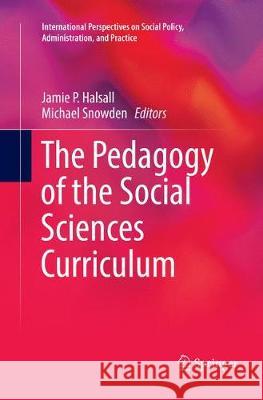The Pedagogy of the Social Sciences Curriculum » książka
topmenu
The Pedagogy of the Social Sciences Curriculum
ISBN-13: 9783319816203 / Angielski / Miękka / 2018 / 123 str.
Kategorie BISAC:
Wydawca:
Springer
Seria wydawnicza:
Język:
Angielski
ISBN-13:
9783319816203
Rok wydania:
2018
Wydanie:
Softcover Repri
Ilość stron:
123
Waga:
0.20 kg
Wymiary:
23.39 x 15.6 x 0.76
Oprawa:
Miękka
Wolumenów:
01
Dodatkowe informacje:
Wydanie ilustrowane











